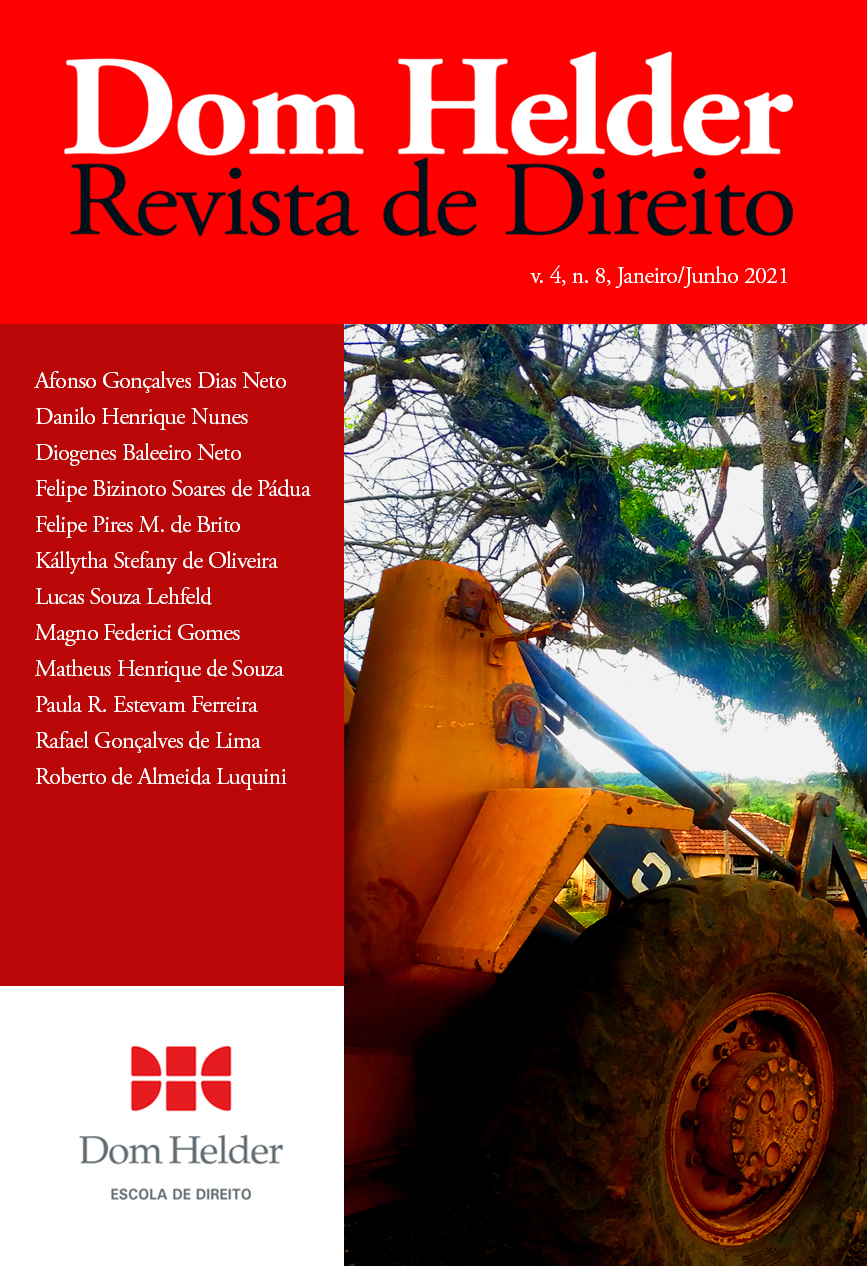RECENT CHANGES IN BRAZILIAN MIGRATION POLICY AN ANALYSIS OF THE SITUATION OF IMMIGRANTS ACCORDING TO THE NEW MIGRATION LAW AND THE FOREIGNER STATUTE
Main Article Content
Abstract
The great increase in migratory flows in the international scenario generates great repercussions both in the jus gentium and in the domestic law of the national States. In view of this scenario, the Brazilian State, in accordance with the principles of human dignity and the prevalence of human rights, edits the new Migration Law (Law 13,445/2017), which represents a new paradigm for building a society fairer, more inclusive and protective of human rights. This article uses the deductive method and seeks to carry out an analysis of the situation of the immigrant in relation to the aforementioned legal diploma and the old Foreigner Statute (Law 6.815 / 1980), in order to demonstrate the advances achieved by the new law regarding Brazilian migration policy. Through a historical-normative analysis, the paradigm shift in the treatment given to immigrants will be evidenced by the new law, which has an avant-garde character, as it no longer considers them a threat to national security and starts to see them as subjects of rights. The principle of equality is applied to immigrants, being treated on an equal footing with nationals, with the guarantee of several prerogatives previously granted only to the latter.
Article Details
I (we) submit this article which is original and unpublished, of my (our) own authorship, to the evaluation of the Dom Helder Journal of Law, and agree that the related copyrights will become exclusive property of the Journal, being prohibited any partial or total copy in any other part or other printed or online communication vehicle dissociated from the Dom Helder Journal of Law, without the necessary and prior authorization that should be requested in writing to Editor in Chief. I (we) also declare that there is no conflict of interest between the articles theme, the author (s) and enterprises, institutions or individuals.
I (we) recognize that the Dom Helder Journal of Law is licensed under a CREATIVE COMMONS LICENSE.




